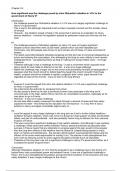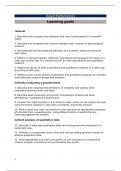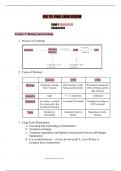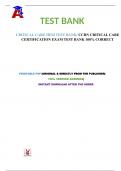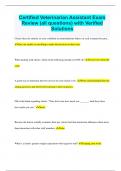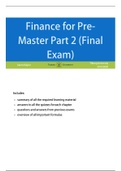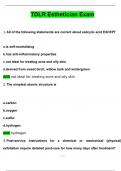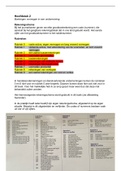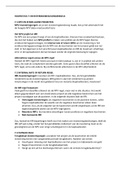Other
War of the Roses Edexcel History A Level full essay plans topic .3 (depth)
- Institution
- PEARSON (PEARSON)
Very detailed A* essay plans to every essay question put out by edexcel on this chapter . This got me an A* literally saved my history a level
[Show more]
